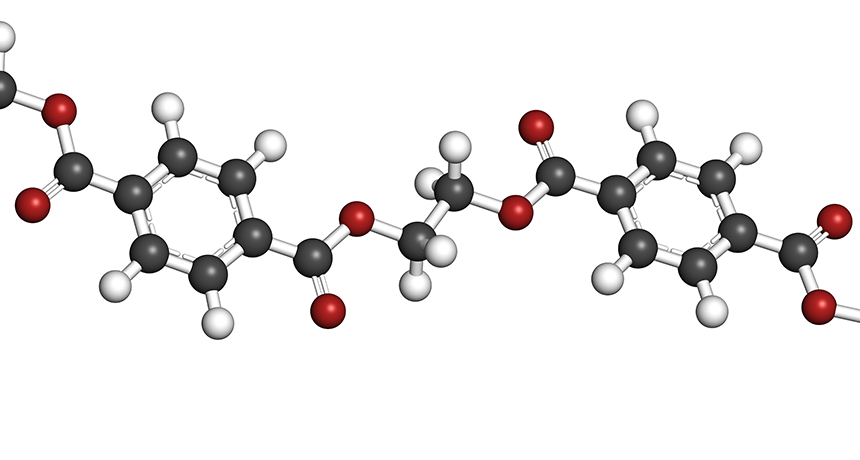High-Performance Polymers: Advanced Products for Sector
High-Performance Polymers: Advanced Products for Sector
Blog Article
Harnessing the Power of Polymers: Comprehending the Considerable Usages and Positive Influences
Polymers, with their diverse chemical structures and properties, have actually ended up being crucial in countless markets, changing the method we connect with materials on a daily basis. From the packaging that safeguards our food to the fibers that dress us, the applications of polymers are large and differed. Yet past their ubiquitous visibility lies a much deeper understanding of their positive impacts, reaching far past plain comfort. As we check out the comprehensive uses of polymers and their function fit an extra lasting, efficient, and ingenious future, it ends up being noticeable that their potential is as large as the molecules themselves.
Versatility in Everyday Products
Polymers show impressive flexibility in a vast selection of daily products, demonstrating their crucial function in modern society. From the flexible plastic case of smart devices to the sturdy fibers in garments, polymers have transformed the method we communicate with items in our everyday lives. One of the most common uses polymers is in packaging materials. Polyethylene, for instance, is commonly used in food product packaging as a result of its lightweight, long lasting, and moisture-resistant properties. In addition, polymers play a critical duty in the automotive market, where they are used in manufacturing lightweight parts that improve fuel efficiency.
Additionally, polymers have discovered their method right into the healthcare market, with applications varying from medical tools to medication distribution systems. Biodegradable polymers are made use of in stitches and implants, reducing the threat of damaging reactions in patients. In the building industry, polymers are included into paints, adhesives, and insulation products, boosting toughness and energy efficiency. Generally, the flexibility of polymers in daily items emphasizes their significance in driving development and enhancing lifestyle.
Sustainability in Product Innovations
With the continuous focus on ecological consciousness and resource efficiency, the focus changes in the direction of sustainability in product technologies, reflecting a growing commitment to accountable production techniques across various industries. In recent times, there has actually been a significant rise in the advancement of sustainable materials, particularly within the world of polymers. These innovative products are created to reduce ecological effect throughout their whole lifecycle-- from sourcing resources to disposal or recycling.
One substantial aspect of my review here sustainability in material developments is the principle of biodegradability. Eco-friendly polymers have gathered attention for their capability to damage down normally right into safe byproducts, decreasing waste and pollution. In addition, using recycled polymers acquired from post-consumer or post-industrial sources is acquiring grip as a means of promoting a circular economy and minimizing dependency on virgin materials.

Enhancing Efficiency in Engineering
Enhancing performance in engineering calls for a careful assimilation of sophisticated innovations and precise methodologies to optimize functionality and performance in different commercial applications. Polymers play a vital duty in this undertaking, using a large range of advantages that boost the efficiency of design products and components.
One key facet of improving performance in design is the capability of polymers to enhance resilience and stamina. By incorporating polymers right into engineering styles, producers can produce lightweight yet durable frameworks that can withstand high degrees of stress and strain. This particular basics is specifically important in markets such as aerospace, automobile, and building and construction, where the need for strong yet lightweight products is paramount.
Moreover, polymers can likewise boost efficiency by providing thermal and chemical resistance, minimizing rubbing, and boosting electric conductivity. These residential or commercial properties make polymers excellent for a large range of design applications, including seals, bearings, finishings, and digital parts. Polymers. By using the special buildings of polymers, designers can optimize the efficiency of their designs and develop extra efficient and trustworthy items
Influence On Clinical Advancements
Polymers have actually played an important duty in modern-day clinical developments, varying from medicine shipment systems to tissue engineering. One of the essential areas where polymers have actually made a considerable impact is in check that the development of naturally degradable sutures and implants.
Moreover, polymer-based products are progressively being utilized in clinical tools such as catheters, stents, and prosthetics due to their biocompatibility and versatility. As an example, polymer layers on clinical tools can stop infections and improve overall client results. In addition, improvements in nanomedicine have actually made it possible for the usage of polymer nanoparticles for targeted medication delivery, enhancing the efficacy and lowering adverse effects of various medicines
Role in Environmental Conservation

Moreover, polymers are used in water treatment procedures, helping in the purification and recycling of water resources. This helps in reducing water pollution and making sure access to tidy water for both human intake and ecological health. Polymers also contribute in farming with the growth of eco-friendly composts and controlled-release plant foods, advertising sustainable farming practices.
Conclusion
In conclusion, polymers have shown to be a functional and essential material in numerous industries, from everyday items to engineering and medical advancements. Understanding the substantial usages of polymers highlights their relevance in driving innovation and progression in several fields.
Report this page